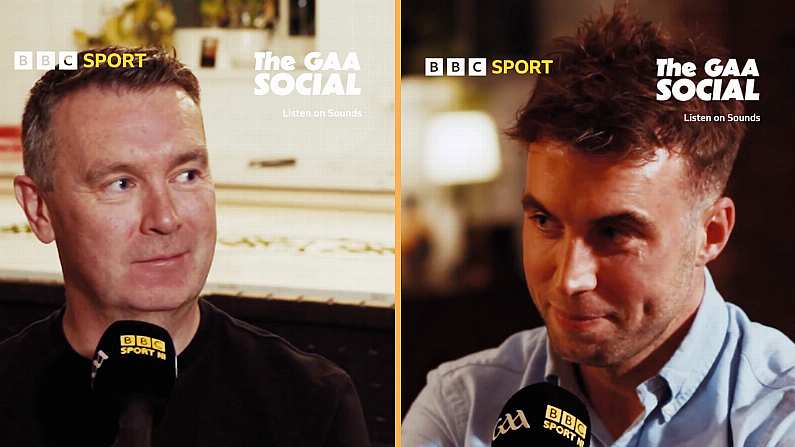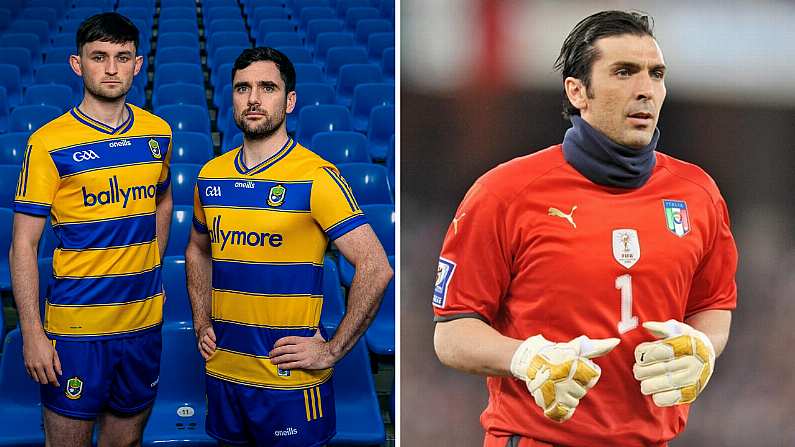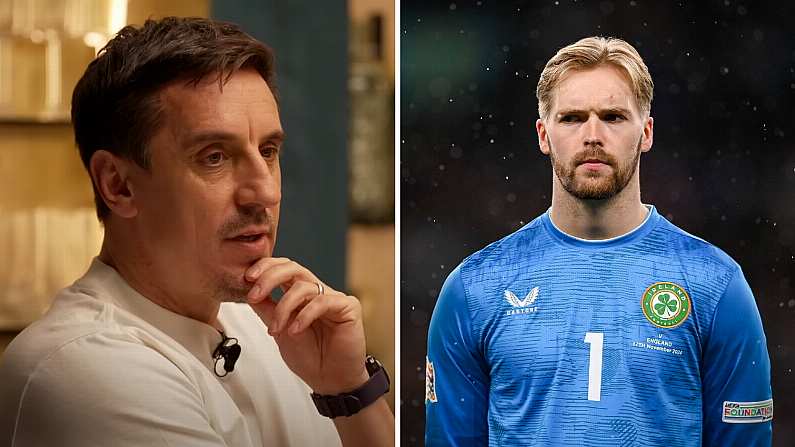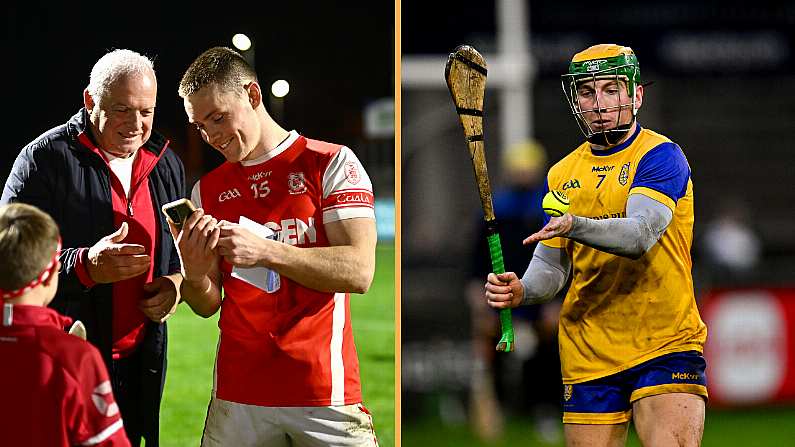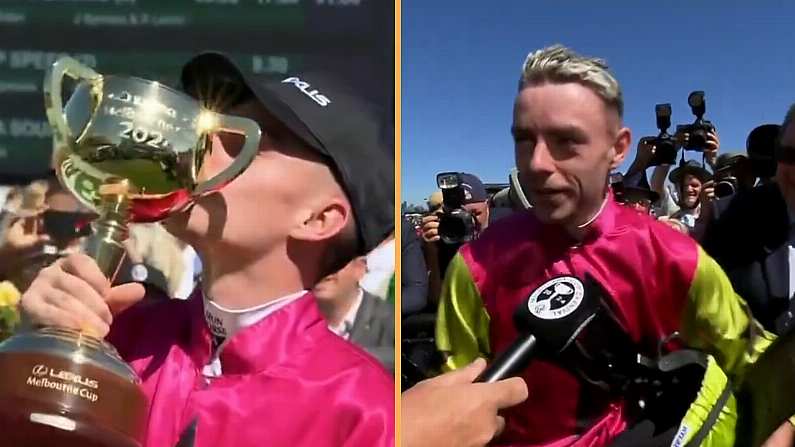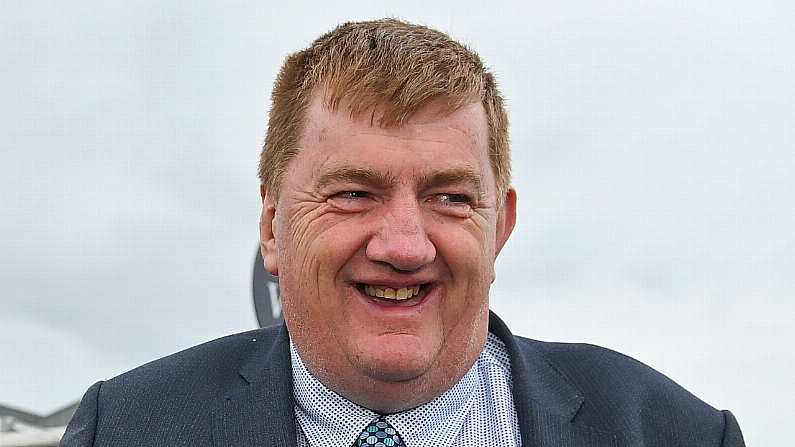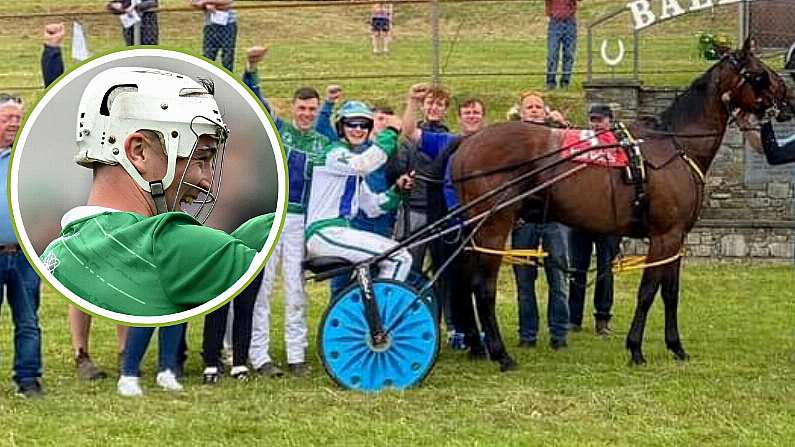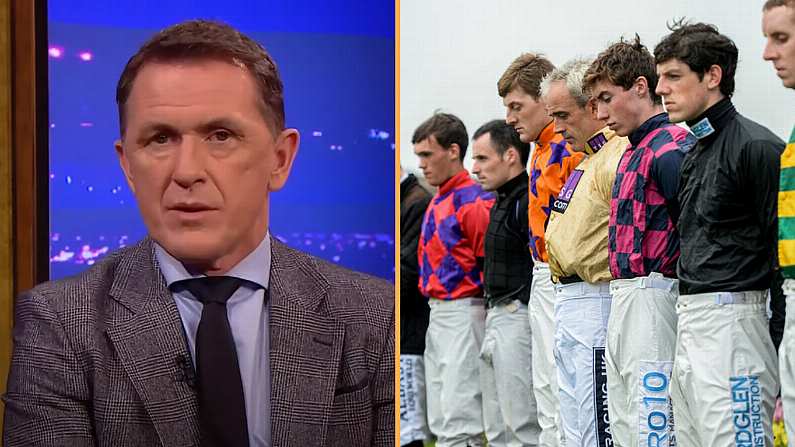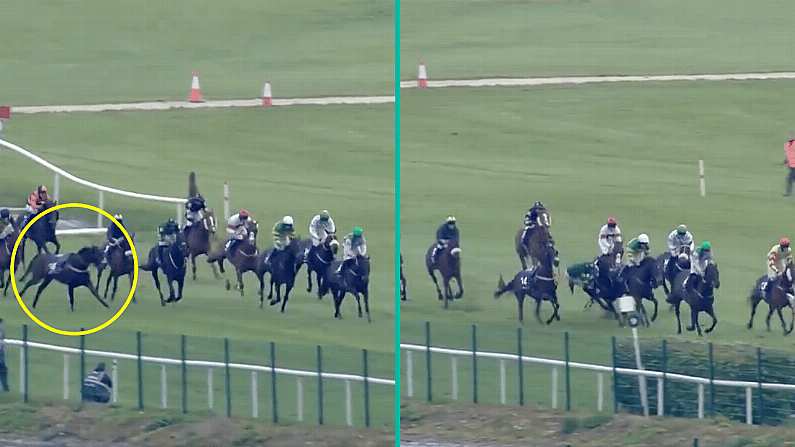Kieren Fallon never thought he'd do a book. Journalists had hounded him for years but he had rebuffed their approaches. Though, one circumnavigated rejection by penning a biography.
It was six months after Fallon turned down the unwanted opportunity that he got a phone call from Jimmy Regan, his old boxing trainer in Gort. "I'm delighted you're doing the book," said Regan. It was news to Fallon.
A decade later - and a year following his retirement - Fallon has finally done an autobiography. 'Form' was written with Mail On Sunday journalist Oliver Holt. When they first began the process, Fallon says he was not in a good place but he found talking about what had troubled him for years, what had led him to depression, to be cathartic.
In late 2007, Fallon spent nine weeks in the Old Bailey, standing trial for race-fixing. It was a case which had been brewing for years. Eventually, Lord Justice Forbes - someone who did not gain Fallon's affection by saying he knew nothing about horses but did know a lot about bees - decided the defendants had no case to answer.
The ban which had prevented Fallon from riding in Britain was lifted but a weariness weighed him down.
"When I left the Old Bailey, I didn't know what to do. I was the type of guy, when I was riding, I used to study form and know everything about the horse I was riding. I could remember every horse I rode, every horse around the world. After the Old Bailey, I couldn't remember what I rode the week before," the Clare man remembers somberly.
I had no fight left, you know. I used to love going racing. I could think of nothing else but going racing seven days a week, 52 weeks of the year, all I wanted to do was go racing.
After the Old Bailey, that was all gone; I hated going racing, facing people at the races. Even though we had no case to answer - there was no case - I was completely drained and I tried to ride on when really I shouldn't have done. I should have packed in then. I couldn't let go.
Just a day after he was cleared at the Old Bailey, Fallon's career suffered another blow: he tested positive for cocaine and was hit with an 18-month ban from racing.
In the end, hanging on wasn't all that bad: he won 140 races in 2010 and 154 in 2011. There was also a final surprise 2,000 Guineas victory - the fifth of his career - aboard 40/1 Night Of Thunder in 2014. He also spent a nomadic time in the US - one he enjoyed - buying a Dodge Ram and travelling yard to yard, track to track.
For a six-time champion jockey - and he could have been even more decorated had it not been for an unfortunate fall at Royal Ascot in 2000 and being arrested in 2004 on race-fixing charges - what came after 2007 was not enough.
Though he had burned the candle at both ends for much of his career, Fallon believes his battle with depression only started around the time of the trial.
He was a hard drinker during his ascent to prominence and the height of his success on the track. However, his relationship with alcohol did not begin until he moved to England; it was not something which had bothered him during his youth as an apprentice in Kildare.
His battle with drink became a lengthy campaign due to his ability to function while drinking.
It's such a sociable sport we're in: you win, you celebrate; you lose, you celebrate. It's just part of the culture.
I was able to control it, unfortunately. I always said that you need to hit rock bottom. It went on for a lot longer because of that. I could drink a bottle of vodka.
I was able to work. I was never late for work, it never stopped me. The thing about it when you're sweating out what I call poisons, which alcohol is and you get rid of them.
The only way he could control his habit would become a habit itself: visiting rehab clinics. What started with a visit to Aiséirí in Tipperary would result in him becoming what he describes as a "connoisseur" in his book. After leaving Aiséirí, he didn't drink for a year; for a while, he thought that he might never drink again.
There's a real smile on Fallon's face as he remembers his months spent in various facilities.
"I got the Coolmore job and I went to Cottonwood in Arizona. That was fantastic, an amazing place, I loved it there. I was at Betty Ford in California. I know it was very expensive and it was a very good place.
It was like servicing your car, it was time to reflect on your life, the craziness."
Fallon is unsure if he would have been a better jockey - if he would have won more - had alcohol not been a constant presence.
Somebody did say that to me. It's a like horse that has a high spirit, if you break that you might have nothing. You know what I mean? You are what you are. If you change something, if you take something away - I'm not saying if you take my drink away I might be worse or better - but I can't answer that.
Throughout his career, Fallon also endured the constant physical stress a jockey has to put themselves through. 'Wasting' is what jockeys call the process of getting to the required weight. For much of Fallon's time as a jockey that was 8st 6lb.
He would put on layers of clothes and sweat off the pounds - sometimes while simultaneously driving to the track. Later in his career, he would adopt 'flipping' as a tactic - eating large quantities of food and then vomiting it back up. It was not uncommon to see several jockeys in a restaurant car park throwing up the night's feast he tells in the book.
Fallon believes the casual racing fan doesn't understand how tough the life of a jockey can be.
Nobody does because it's not only wasting your butt off, you have to be fit, you have to control yourself, you can't let your hair down. You're dancing around everybody else and you have to please everybody else. Listen, it's a great profession, you can make a lot of money. There can be a lot of ups, a lot of downs but I wouldn't give it up for anything.
When he retired last year, Fallon found himself in a rut. There was a week of getting up late and having a drink before he realised it was all going to end horribly if he didn't change something. He ended up spending six weeks in St. Patrick's Mental Health Services in Dublin.
He eventually returned to England where he began riding out for the trainer William Haggas. He's now riding work for Saeed bin Suroor at Godolphin. For someone who was always more at home in the company of horses rather than people, it's a good place, a safe place. He still enjoys a drink; though, in moderation, he says.
The aspect of his life which he is most buoyant about is his son. At 18, Cieren is following in his father's footsteps - he's just months away from getting his jockey's licence. Those footsteps have tracked remarkably close to his father: it was just two weeks before his 18th birthday when Kieren got on a horse for the first time in Kevin Prendergast's yard, for Cieren it was virtually the same.
Looking back, Fallon has regrets about his career; things he would have done differently. Number one: the company he kept. He's now going to ensure that the son does not make the same mistakes as the father.
"It's now as exciting for me because I'll be able to help him. I'll be able to take him to the tracks, tell him who to mix with, who not to mix with."
'Form: My Autobiography' is out now
Picture credit: Sportsfile


